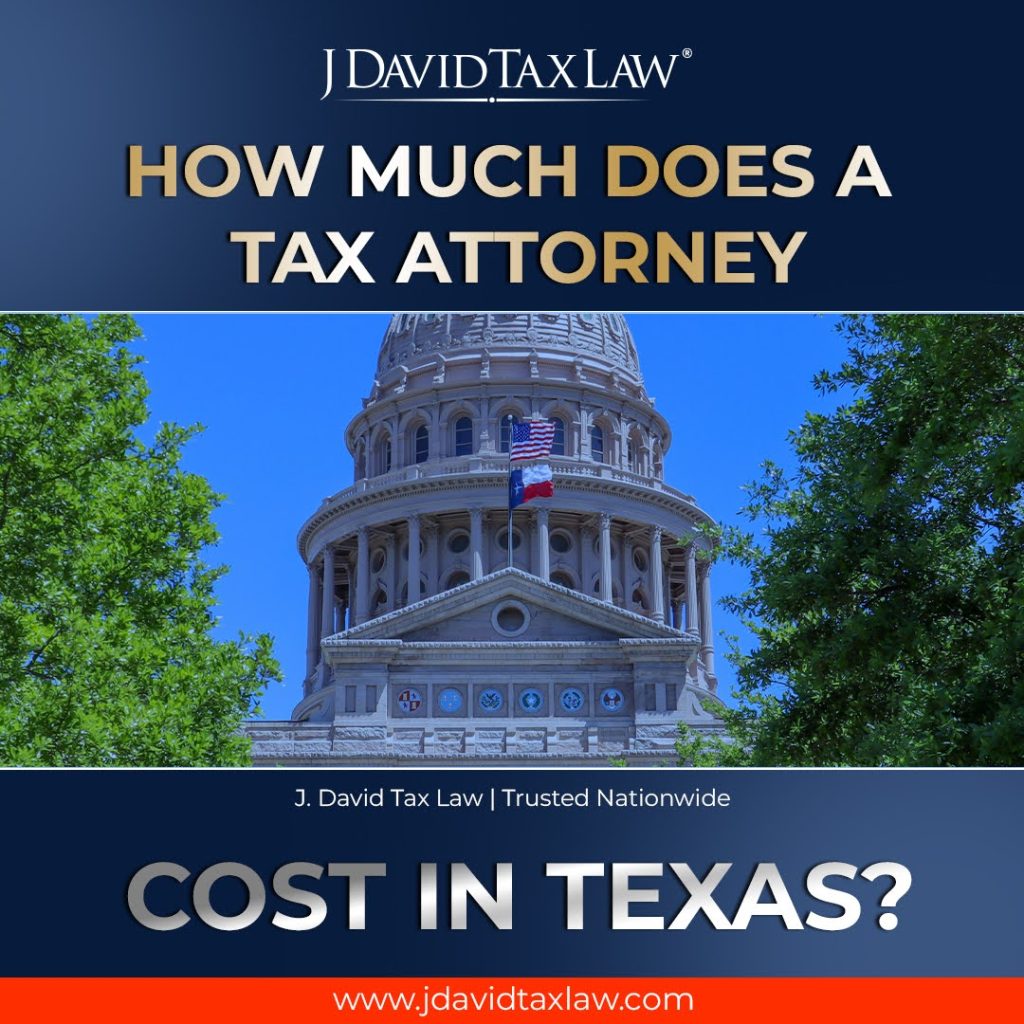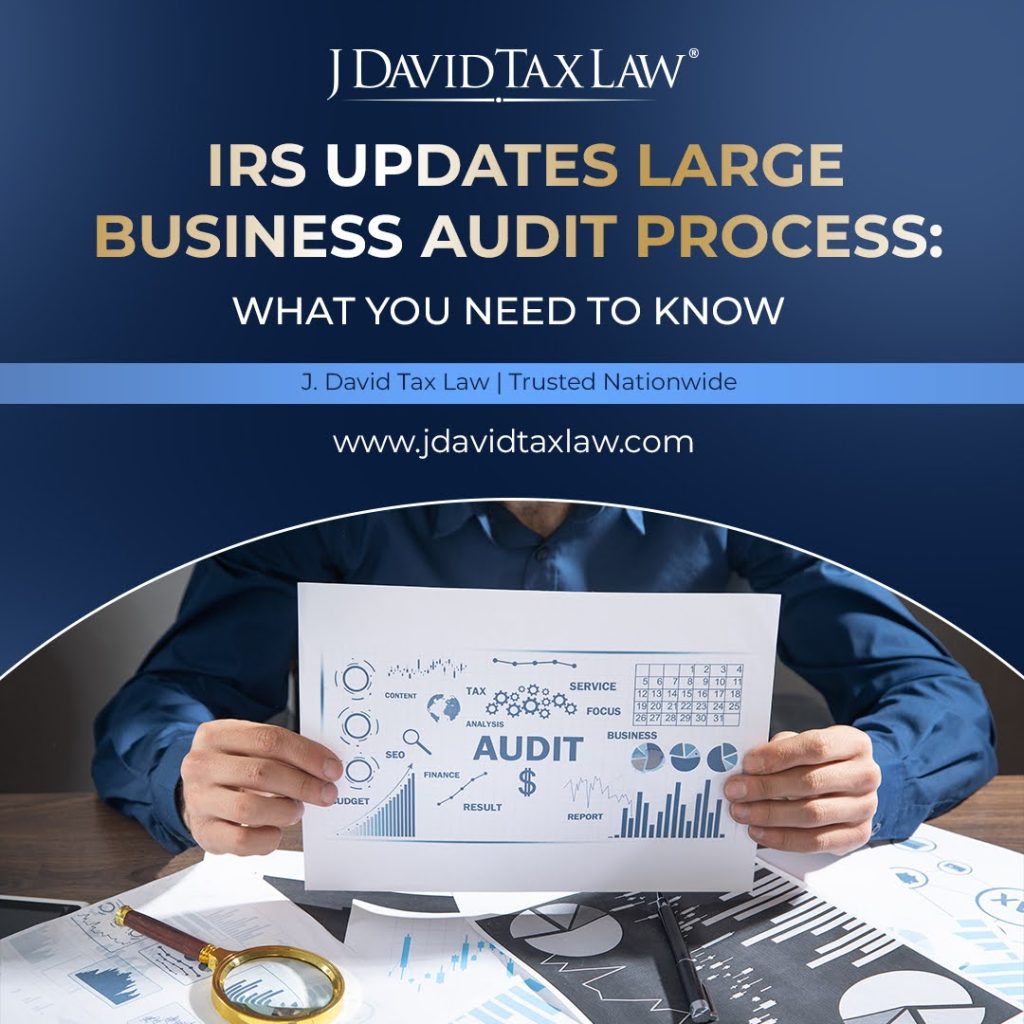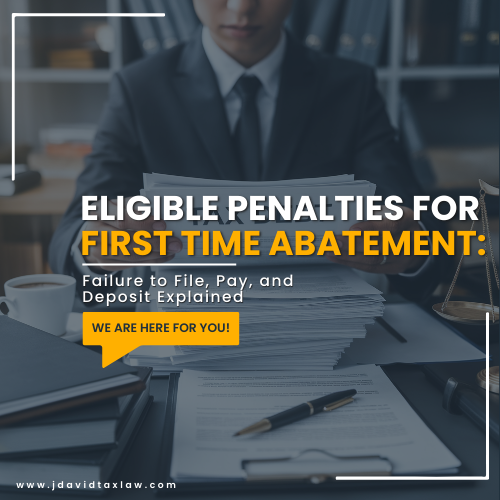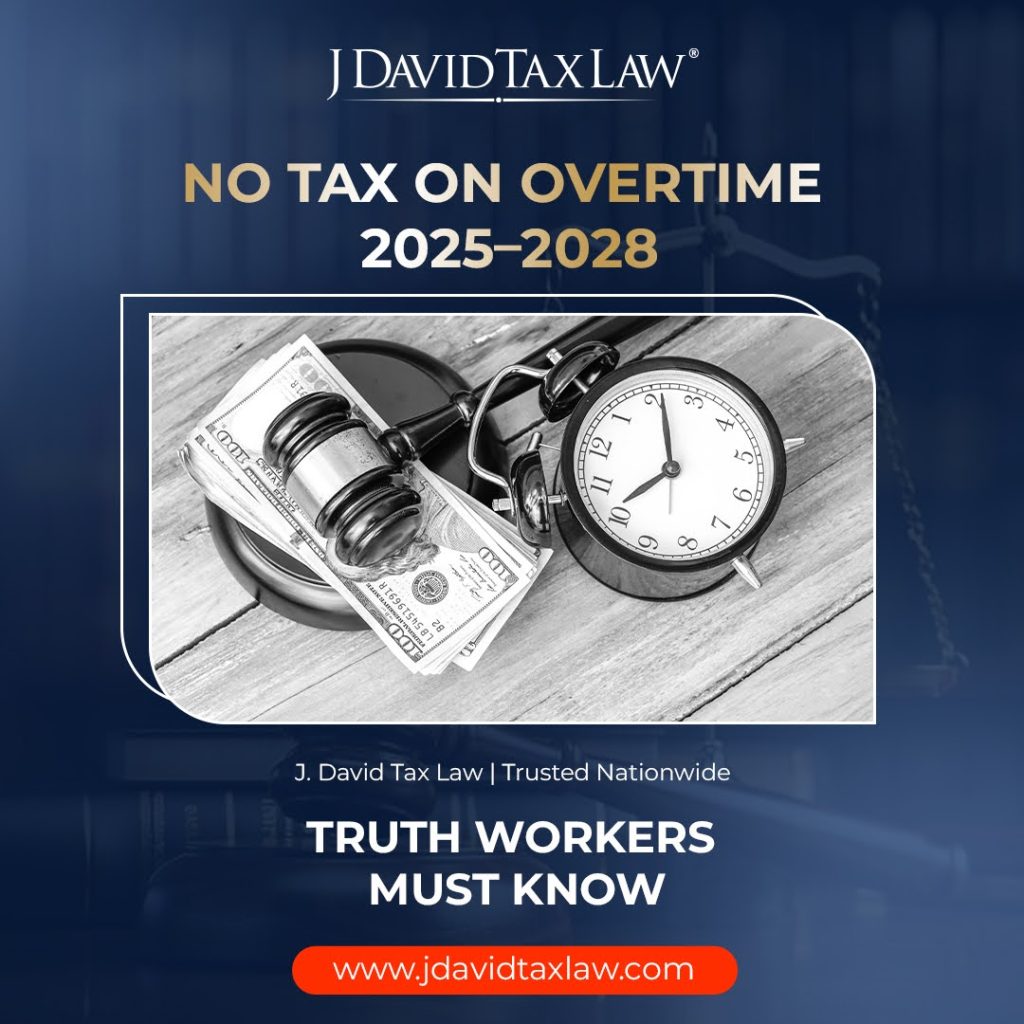Facing the Internal Revenue Service (IRS) with an empty wallet can be daunting for anyone, especially when you find yourself unable to pay your tax bill in full. This situation is not uncommon for most residents of Raleigh, NC. Local economic fluctuations can unexpectedly impact personal finances and, at the same time, the capacity to pay taxes.
Recent data shows that the state’s unemployment rate was at 3.1%. Although lower than the national average, this underscores the challenges in the local job market and the ability to meet tax payment obligations.
If you’re one of the many who dread the arrival of IRS notices, you’re not alone—and more importantly, you’re not without options.
Understanding Your Tax Bill
It’s important to always review the details of the tax bill notice from the IRS carefully. Each tax bill must contain specific information about why you owe money, the amount due, and the due date.
But before you react, make sure that the bill is accurate. Errors are not common, but they do occur. Check the figures against your own tax returns and calculations to ensure that you are paying only what is necessary. Compare each listed item against your tax return to verify all information matches and that there are no discrepancies.
Keep in mind that tax assessment can also shed light on common reasons why people find themselves owing more than anticipated. These unexpected tax bills often arise from several scenarios such as:
Incorrect Withholding: Insufficient tax withholding from wages due to outdated W-4 forms reflecting changes like marital status or additional jobs.
Self-Employment Taxes: Lack of sufficient tax prepayments by freelancers and independent contractors, necessitating regular estimated tax payments.
Unreported Income: Omissions in reporting all income sources, including side jobs or rentals, leading to discrepancies with IRS and North Carolina Department of Revenue data.
Changes in Tax Law: Frequent tax law changes can unexpectedly increase liabilities if taxpayers are unprepared for expiring credits or deductions.
Capital Gains: Unanticipated tax bills from capital gains incurred through sales of stocks or property.
Immediate Steps to Take When You Can’t Pay the IRS Tax Bill
Promptly addressing your tax liability demonstrates to the IRS your willingness to settle your debts. In return, it can prevent the situation from escalating into more severe consequences like increased penalties, added interest, and enforced collection actions such as wage garnishments or liens against your property.
Even if you can’t pay immediately, the IRS offers several options to help manage your obligations, which are more accessible to those who act quickly. Here are essential steps you should take immediately:
Don’t Ignore the Bill
Ignoring your tax bill is a risky move that can escalate the situation quickly. If you don’t respond to IRS notices, you may face significant penalties and accruing interest, making your original debt much larger.
In addition, the IRS may initiate collection actions, such as garnishing your wages or placing liens on your property. It’s crucial to acknowledge your tax bill promptly and start formulating a plan to address it – even if you can’t pay the full amount immediately.
Contact the IRS to Discuss Your Situation
Reach out to the IRS as soon as possible. The IRS offers guidance tailored to your individual circumstances. They can clarify aspects of your bill, discuss potential payment options, and offer solutions based on your ability to pay.
You can contact the IRS by phone, or online through the IRS website. Reaching out to the website allows you to easily set up an account to manage your taxes and communicate directly with the agency.
Evaluate Your Financial Situation
Take a thorough look at your finances. Start by creating a detailed budget that lists all your income sources and expenses. This will help you understand how much you can realistically afford to pay each month.
Consider all your necessary expenses such as housing, food, healthcare, and any other debts. This exercise not only aids in determining your capability to make payments but also prepares you for discussions with the IRS about payment plans.
Seek Advice from Tax Debt Attorneys
If your tax situation is complex, or if you feel overwhelmed, it might be wise to consult with a J. David Tax Law attorney. We can help you understand your rights, represent you in dealings with the IRS, and assist in negotiating payment plans or settlement options. Our tax law firm specializes in offering legal guidance and negotiating with the IRS to ensure fair treatment and the best possible outcomes.
Tax Debt Payment and Relief Options Offered by the IRS
It’s important to know that the IRS offers several payment and tax relief options designed to help manage your tax obligations. These options are intended to provide flexibility and support for those who are struggling financially. Thus, allowing taxpayers to address their debts without undue hardship.
Here’s an overview of what the IRS offers:
Offer in Compromise
An Offer in Compromise (OIC) enables taxpayers to settle their tax debt for less than the full amount owed if paying the full tax debt would cause financial hardship, inequity, or would be unfair for other reasons. Qualification for an OIC depends on a thorough assessment of your financial situation which includes:
income,
expenses,
asset equity, and
ability to pay.
Temporary Delay of the Collection Process
In certain circumstances, the IRS may agree to temporarily delay the collection of taxes from individuals who currently cannot pay their tax debt. This is considered when the IRS assesses that the collection would cause immediate economic hardship. During the delay, the IRS will periodically review your income situation to determine if your financial status has improved enough to begin payments.
Penalty Abatement
Penalty abatement is a tax debt relief option that allows taxpayers to reduce or eliminate penalties associated with failing to file or pay on time.This is if they can show reasonable cause for the failure or demonstrate that they acted with ordinary business care and prudence. To apply for penalty abatement, you must submit a written request detailing the facts and circumstances that led to the penalties – along with any supporting documentation.
Currently Not Collectible Status
If paying your tax debt would leave you unable to meet basic living expenses, you may qualify for Currently Not Collectible (CNC) status. To apply for CNC, you must provide the IRS with substantial proof of your financial status through detailed documentation of your income and expenses. If approved, the IRS will cease all collection activities, including levies and garnishments.
Conclusion
It’s crucial to always approach tax debt issues proactively. The sooner you address your tax liabilities, the more manageable the solutions become. Ignoring the problem can lead to increased penalties and more severe consequences. The key here is to stay informed, consider your options carefully, and take decisive action toward resolving any tax challenges.
Here at J. David Tax Law, we specialize in helping individuals and businesses navigate complex tax issues and help them move forward with confidence. If you’re struggling with IRS debt or need assistance with any tax-related matters, our team of experienced tax attorneys can provide expert guidance on your specific situation.
Visit our website to learn more about our services or contact us directly to schedule a consultation.




















